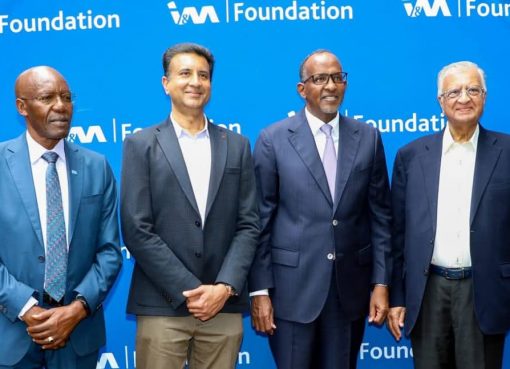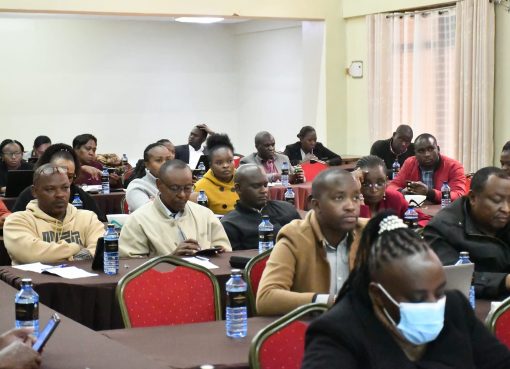The government is working to address various challenges facing the Micro, Small, and Medium Enterprises (MSMEs) sector in the country and provide a conducive environment for growth and sustainability.
The MSME draft policy 2025, which is currently at a public participation stage, aims to create an integrated enabling business environment for a productive, competitive and sustainable MSME sector for wealth and employment creation.
Some of the key challenges facing the sector include limited access to finance, inadequate infrastructure, lack of skilled labour, limited market access, lack of technology adoption, regulatory and compliance issues,
Other challenges include lack business skills and training, lack of coordination between development partners and stakeholders, lack of coordination and vulnerability to covariate shocks such as flooding and pandemics.
To address these challenges, the policy, once implemented, will seek to support the formalization of MSMEs especially those who have not been registered, foster entrepreneurial culture, enhance skills development for MSMEs, and encourage innovation, research and development for the sector.
Other key objectives of the policy include enhancing access to diversify and affordable financial products and services for MSMEs and building MSME resilience and adaptability.
Speaking during a public participation forum in Garissa, the Acting Director for Planning, Partnership and Advocacy at the State Department for the MSME Development Reynold Njue said that the policy will provide interventions that as government and other stakeholders in the sector could utilize to enable them support the MSMEs.
“The policy has identified various challenges including access to finance, access to markets, and access to decent and affordable infrastructure facilities as some of the major challenges affecting the MSME sector,” Njue said.
“The policy has also identified eight key objectives and goals that we will be implementing to be able to support the MSME sector so that they can be able to be productive, competitive and sustainable. Our aim is to have an MSME sector that is growing and one of the gaps that we realized in our literature review is that most of our MSMEs do not survive to their fifth birthday and many of them stagnate, remain micro and never transit to either Small or Medium enterprises,” he added.
Garissa County Commissioner Mohamed Mwabudzo on his part said that the largest population in the country relies entirely on the MSMEs for income generation activities and wealth creation.
“This country must grow, and the growth can only be achieved if we all play an active role. The time of free income is long gone and so we must become engaged in creating wealth and jobs,” Mwabudzo said.
Once approved, the policy will apply to both National and County Governments, as well as Micro, Small, and Medium Enterprises (MSMEs) and the broad network of supporting institutions including private sector entities, development partners, and other non-state actors involved in MSME development.
At the national level, the policy will guide overarching strategic planning and implementation regulatory frameworks, and resource allocation to foster a supportive ecosystem for MSMEs.
At the county level, the policy will guide county policy development, address localized implementation, capacity building, infrastructure development, and market access tailored to regional needs.
According to the Kenya National Bureau of Statistics, MSME Survey of 2016, there are over 7.4 million MSMEs in Kenya, employing over 14.4 million Kenyans across all sectors, which contributed approximately 33.8 percent to the national GDP in 2015.
Over the years, the MSME Sector contribution to GDP has increased from 33.8 percent to 40 percent, according to a UNDP and MSEA report on the Impact of COVID-19 on Kenyan MSMEs Strategies for Resilience and Recovery.
The sector creates around 800,000 jobs annually thus providing opportunities for absorbing low-skill and economically excluded individuals of the labour force including youth, women, persons with disabilities and those with low levels of education.
By Erick Kyalo




